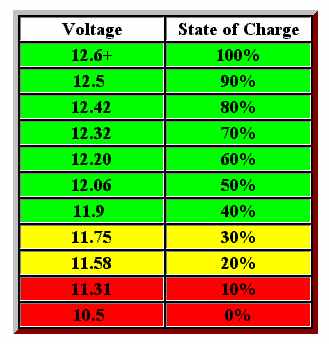Bordercollie
May 11, 2014Explorer
Motor Home Electrical Systems for Dummies
With all of the problems that RV'ers have with house and starting batteries and charging systems and problems with shore power and generators, why doesn't somebody write a good DIY book with DVD(s)aimed at average low tech RV users. BTW, there are some helpful You Tube videos.
Another Dummy book on RV plumbing systems, fridges,water heaters, AC units and furnaces would be good.
Another Dummy book on RV plumbing systems, fridges,water heaters, AC units and furnaces would be good.
